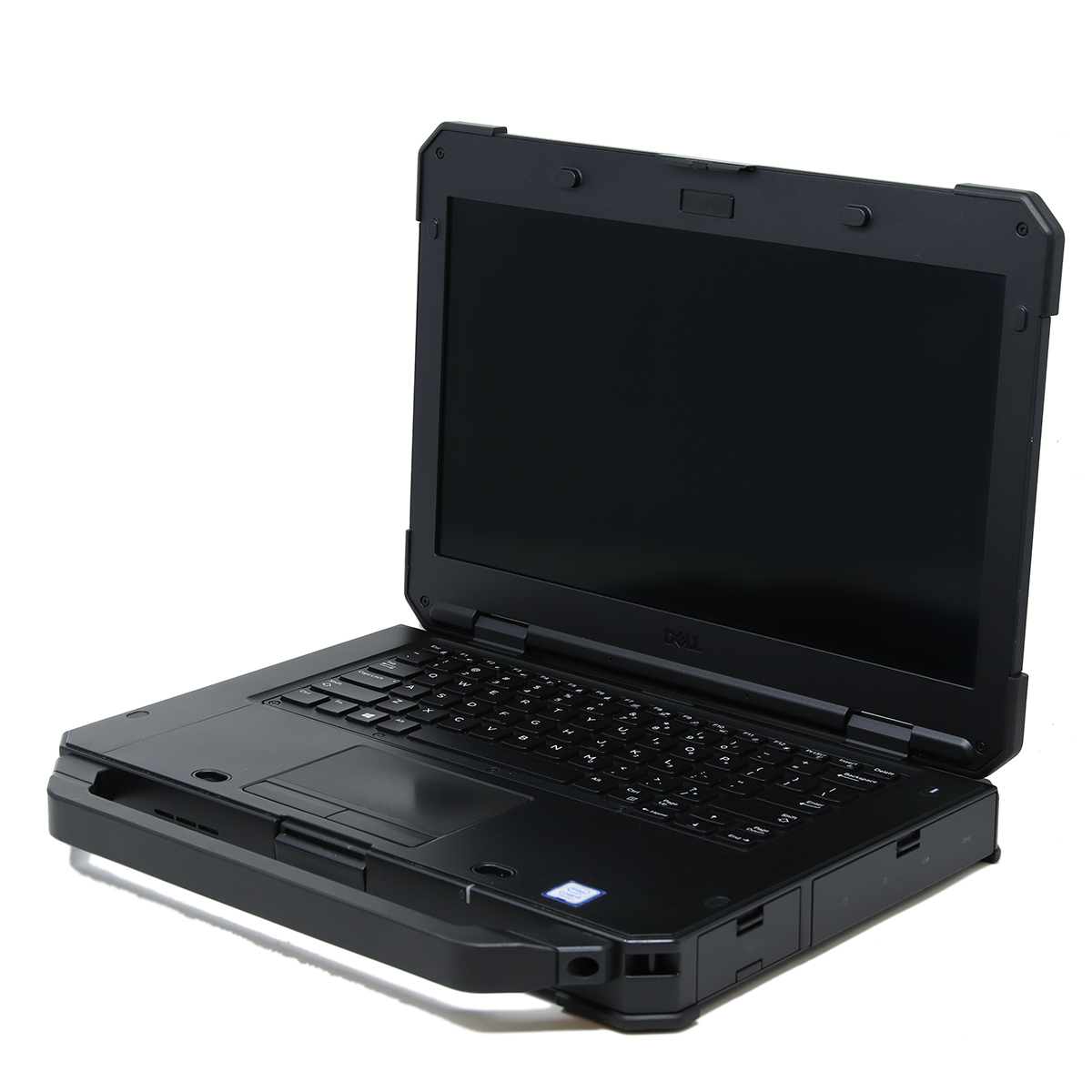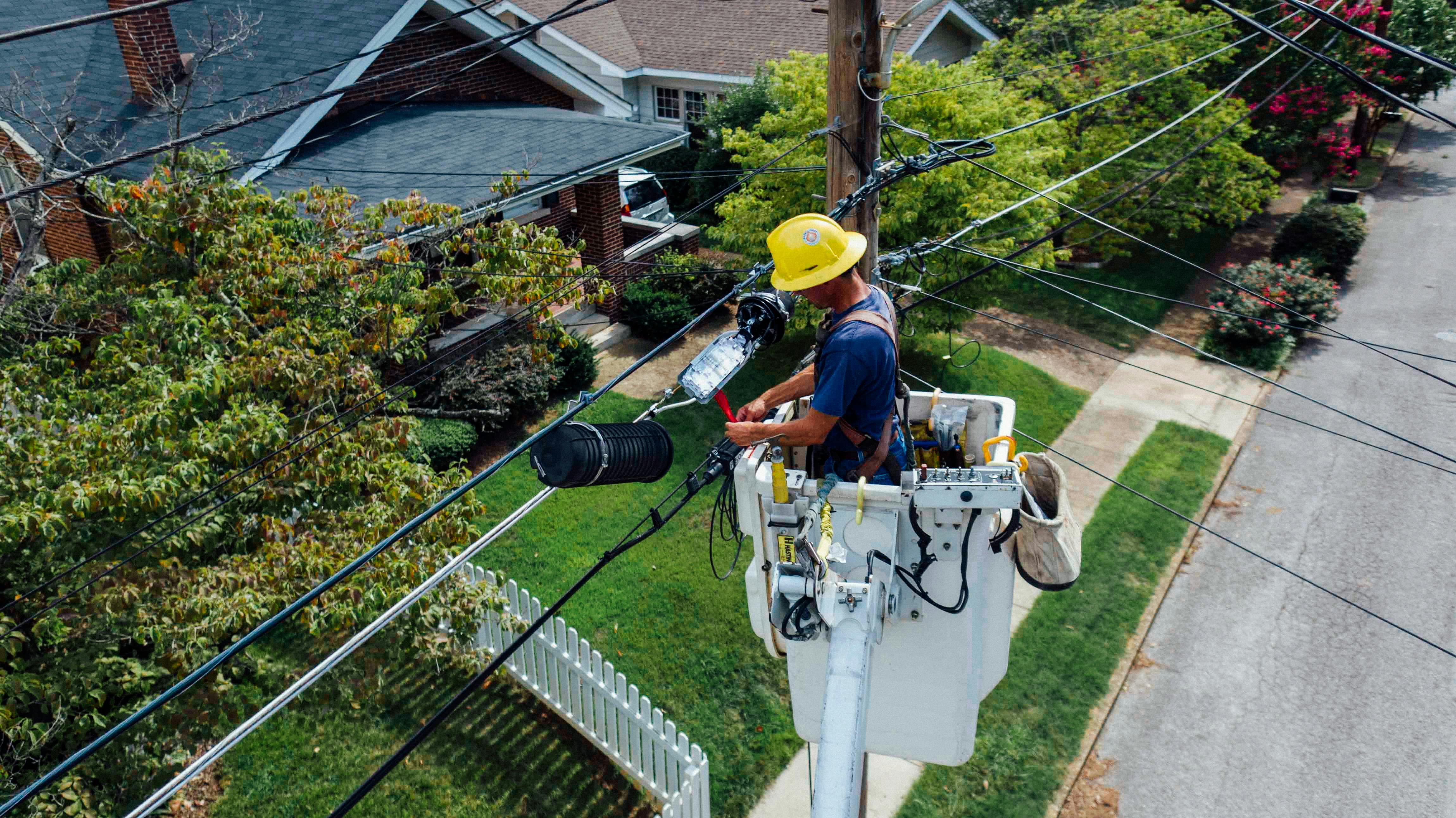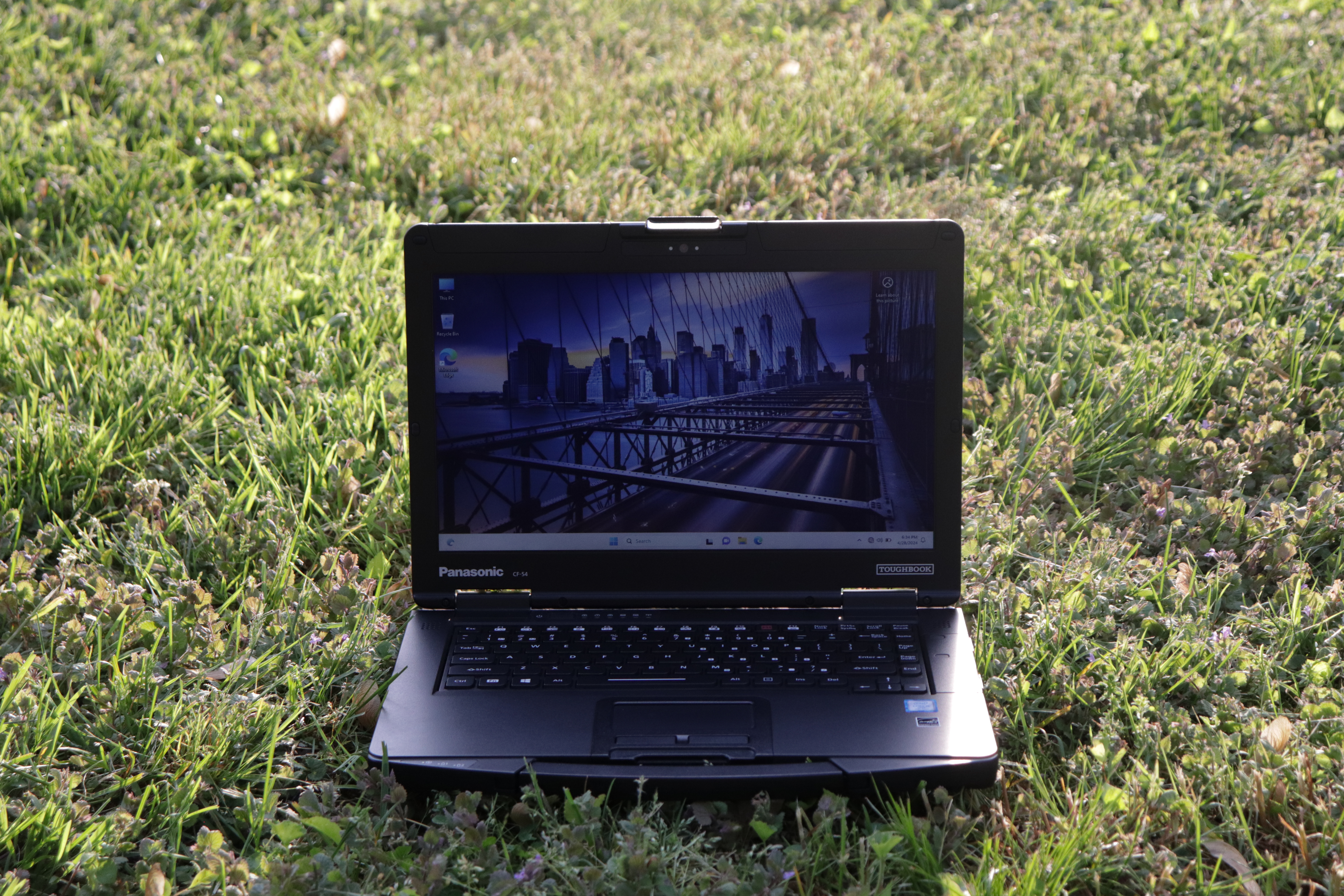Equipping Your Field Team: A Practical Guide to Choosing the Perfect Rugged Computer
25th Jul 2025
When you are managing a field team, the last thing you want to slow down is their gear. Between unexpected weather, remote job sites, and physically demanding tasks, your crew is already facing enough challenges. The devices that they use, especially their computer, need to be maintained. That’s where rugged computers come in; they are not your specific office laptops. They have been made for hard work, dirty boots, and long days.
But not all rugged computers are the same, and choosing the right one takes more than just grabbing the first model with a thick shell and calling it a day. You have got to think about how it would perform in the real world, where it may fall into a service truck, rain, or bounce. This guide breaks down what really matters when choosing a rugged computer and how the right device matches the job.
 Key Factors to Consider When Choosing a Rugged Computer
Key Factors to Consider When Choosing a Rugged Computer
Before deciding on a device, it is worth stepping back and asking a simple question: What will this computer go through day-to-day? Because the fieldwork on the equipment is never easy.
Environmental Conditions
A rugged computer should be more than just durable. It has to avoid specific conditions before your team faces them. Some crews work in the heat, others in the cold or rain. There are dust, vibration, and casual topical drops. This is why certificates like MIL-STD-810 and IP rating matter. They are not marketing buzzwords; They tell you exactly how difficult the machine is. If your team is working in a harsh environment, you want to be convinced that their gear can handle it without flinching.
Performance Requirements
While durability is necessary, so is getting the job done efficiently. Some field roles require heavy-duty software-mapping programs, diagnostic tools, or complex databases. Others require quick access to forms or reports. There is no one-size-fits-all here. The key is to match the computing power to the work. Give your crew what they need to be productive, but do not overwhelm them with characteristics they will never use.
Display and Usability
It is easy to forget how important the screen is - until your team can’t read it in the sun. A good, rugged computer should have a display that remains readable in bright light and can handle input even from gloved hands or in the rain. Form Factor Matters, too. Does the job call for a tablet, a laptop, or a convertible hybrid? The right choice simplifies everyday tasks, especially when time and rest are limited.
Battery Life and Power Options
If a device cannot last through a full change, it is not made for the field. Rugged computers should have strong battery life and ideally support hot-swappable batteries for non-stop work. For those teams that work out of vehicles, charging options or docks are a huge bonus. A dead device means downtime, and no one has time for that.
Security and Data Protection
Rugged computers are often mobile offices. They have sensitive information -client details, schematics, security plans. Losing that data or falling into the wrong hands can do real harm. This is why field teams require security facilities such as encryption, safe login, and remote wipe capabilities. It is about protecting both the work and the people doing it.
Matching Rugged Devices to Job Roles
Not all field jobs are the same. Different roles bring different demands, and the right computer is one that fits real work, not only the environment.
Field Technicians and Inspectors
These workers are continuously moving forward. They are squeezed in tight places, climbing the ladder, or working from behind a van. Portability is important. A rugged tablet or a lightweight 2-in-1 device works well here-something hard enough to survive a few bumps, but lighter enough to take around the whole day.
 Utility and Energy Sector Workers
Utility and Energy Sector Workers
Utility crews often work in isolated or extreme conditions. Their equipment needs to demand software, support GPS mapping, and be reliable through long shifts. These are not casual users who require full-power machines that can work without a hurdle.
Construction Supervisors and Engineers
For this group, rugged computers need to do it all. They review the blueprint, send emails, and manage teams - all while moving between offices and active job sites. Strength and versatility matter the most here. A rugged laptop or hybrid device with high performance and a crystal-clear screen helps to run everything smoothly.
 Public Services
Public Services
In public safety, there’s no time for tech that lags or breaks down. Whether it's officers running plates from the squad car or paramedics logging patient info on the go, rugged computers need to be fast, tough, and always ready.
These teams work in the heat, cold, and rain, sometimes all in one shift. The gear needs to keep up. That means glove-friendly screens, long battery life, secure access, and hardware that survives drops, bumps, and chaos.
Tough Tech Backed by the Right Partner
Equipping your field team with the right rugged computer is not just about glasses or brand names - it's about understanding how your people work, what they face, and what they need to be successful. The right tool makes their work easy, safer, and more productive.
If it seems that it has a lot to find out, then there is help. Bob Johnson's computer staff has been doing this for years, which helps companies choose rugged equipment that actually makes sense in the field. They understand that it is not only about hardware, but about finding the right fit for your team's real-world challenges. When you are ready to get ready with the correct rugged technique, they will help make sure that you correct it for the first time.

